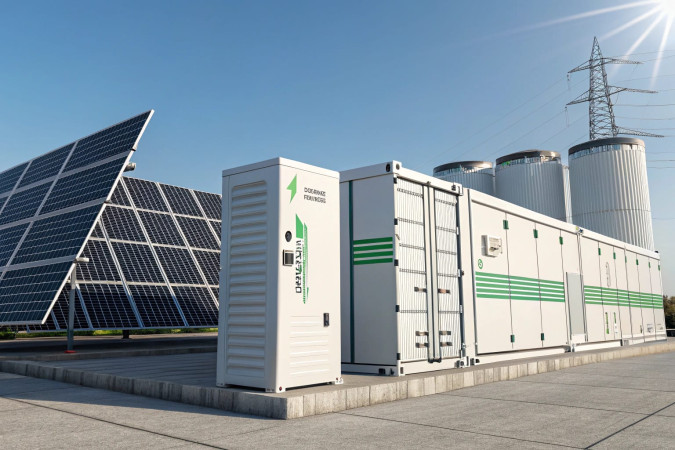
Follow India Renewable Energy News on WhatsApp for exclusive updates on clean energy news and insights
Global Renewable Energy Adds Record 741 GW in 2024, Yet Misses 2030 Tripling Goal
Jun 25, 2025
The world added a record 741 GW of renewable energy capacity in 2024, led by China with 445 GW, according to REN21’s Renewables 2025 Global Status Report. Despite this historic growth, the world is projected to fall short of the 2030 target to triple renewable capacity by 800 GW. China dominated capacity additions with over 60%, followed by Europe (92 GW), other Asian and Oceanic countries (73 GW), North America (56 GW), and India (36 GW). Renewables contributed 31.9% of global electricity generation, while fossil fuels still accounted for 59.1%, and nuclear energy 9%.
Solar power surged with 602 GW added—32% more than 2023—bringing total capacity to 2.25 TW. Wind added 116.8 GW, reaching 1,135 GW globally, despite a drop in offshore installations and challenges such as policy delays, grid bottlenecks, and supply chain issues. Battery storage grew rapidly, adding 69 GW to reach 150 GW total capacity, driven by strong adoption in China, the U.S., and Europe. Pumped hydro remained dominant with 189 GW globally.
Investment in renewables hit $728 billion, up 8%, but still falls short of the annual $1.5 trillion needed to meet net-zero goals. Solar drew $521 billion, while wind investments declined by 15% due to weak policy signals and cost pressures. Energy storage saw a 36% investment rise to $54 billion, and grid investment climbed 15% to $390 billion.
Challenges persist in emerging markets, where capital costs for renewables remain prohibitively high due to economic instability and financial market limitations. The report calls for urgent regulatory, financial, and infrastructure reforms, including reduced capital costs and better grid integration, to accelerate global progress. Without these, the world risks missing critical decarbonization milestones, despite growing policy momentum and technological advances in the sector.